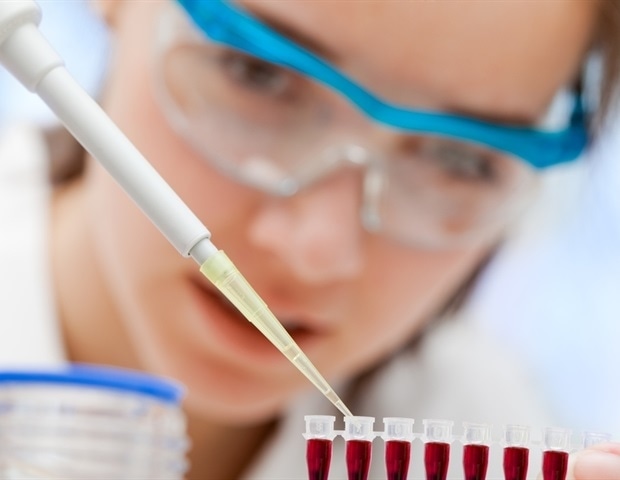Long-term data from smartwatches can help estimate clinical blood test results

Long-term data from smartwatches can help estimate clinical blood test results
Smartwatches and other wearable devices may be used to sense illness, dehydration and even changes to the red blood cell count, according to biomedical engineers and genomics researchers at Duke University and the Stanford University School of Medicine.
The researchers say that, with the help of machine learning, wearable device data on heart rate, body temperature and daily activities may be used to predict health measurements that are typically observed during a clinical blood test. The study appears in
Nature Medicine on May 24, 2021.
During a doctor's office visit, a medical worker usually measures a patient's vital signs, including their height, weight, temperature and blood pressure. Although this information is filed away in a person's long-term health record, it isn't usually used to create a diagnosis.
Related Keywords
Jessilyn Dunn , Michael Snyder , Emily Henderson , Study Co , Stanford University School Of Medicine , Duke University , Stanford University School , Nature Medicine , Study Co Lead , Co Corresponding Author , Integrative Personal Omics Profiling , Intel Basis , Apple Watch , ஜெஸ்லின் டன் , மைக்கேல் ஸ்னைடர் , எமிலி ஹென்டர்சன் , படிப்பு இணை , ஸ்டான்போர்ட் பல்கலைக்கழகம் பள்ளி ஆஃப் மருந்து , டியூக் பல்கலைக்கழகம் , ஸ்டான்போர்ட் பல்கலைக்கழகம் பள்ளி , இயற்கை மருந்து , படிப்பு இணை வழி நடத்து , ஆப்பிள் வாட்ச் ,
comparemela.com © 2020. All Rights Reserved.